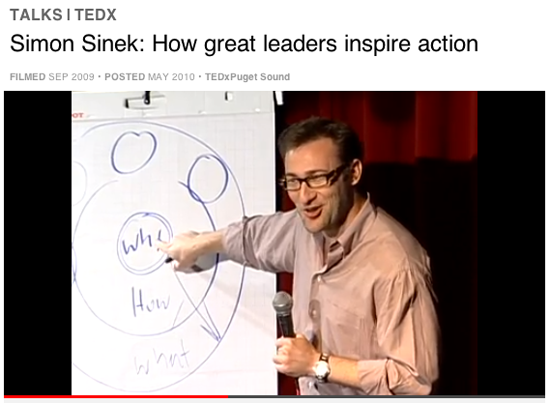I really, really don’t want a book deal.
Just kidding.
Which blogger doesn’t want a book deal?
Put your hands down.
Stop pretending like you blog for the fun of it.
I say that all the time, too.
I don’t mean it.
Except for when I do.
Which is a lot of the time.
But then there’s the day when a mommy blogger I’ve never met gets a book deal and my eyes bug out and steam pours from both of my ears and my heart and belly both get stuck in my throat and deep inside I
SCREAM!!!!
…In my inside voice. The louder of the two.
Where’s my book deal?!?!?
And then my other inside voice answers back,
“What makes you think you’re getting a book deal?”
And the scream, now subdued says, “Well, you know. Someone should just discover me and fall in love with my writing and offer me lots of advance money (or at least plumb royalties) and beg me to write a book. A whole SERIES even.”
“Oh,” the peaceful, reasonable voice answers with subtle condescension. “I see.”
What she’s not saying (in her peaceful, reasonable tone) is:
Stop waiting around for someone to discover you.
Stop wanting what other people have.
Stop being regretful about what you think you should have done, but didn’t. What blog you should have kept up, but didn’t. What career you should have stuck with, but didn’t. What path you should have taken, but didn’t.
She’s only being a little bit judgy, just enough to quiet the screaming.
===
I have a colleague whose dad is a celebrity.
She hardly ever talks about said celebrity, except in the context of his dad-ness.
I’ve never asked her about this. Or what it’s like to be the daughter of someone so famous.
I imagine, though, her modesty has something to do with her relationship to him.
To her, he’s dad. It doesn’t matter how famous he is or becomes, his celebrity will always be secondary to her.
And I think in all the glorifying we do of celebrity — of book deals, of magazine covers, of awards and prizes and titles — we lose sight of celebrity’s secondary-ness, its subservience.
We lose sight of the inevitable real life behind the celebrity. Why?
Because save for the tabloid spreads, we hardly see the real life behind the celebrity.
The anxiety that comes the day after a book deal was signed.
The self doubt.
The need to please, to produce, to win.
To look good. To smell good.
To smile. To have a good hair day.
We hardly ever hear of their breast cancer scares, their hemorrhoids, their financial troubles, their soured friendships. Save for the celebrities who’ve publicly shared bits and pieces of their angst in well-placed magazine features, we hardly hear of their suffering.
And they all, certainly, suffer.

No matter how many times we read Everyone Poops, we still imagine that celebrities poop with greater ease, with more satisfaction, with softer toilet paper.
And maybe they do.
But, most likely they don’t.
And, as corny as it sounds, no matter how much we wish we were more famous, more successful, more educated, more experienced, we often fail to acknowledge or recognize how famous, successful, educated, and experienced we already are.
This is what I try to tell my screaming inside voice.
You are already famous.
Seriously, I can find at least three people who believe I’m famous (and yes, their last names are the same as mine.)
And I bet I could find someone out there who is not a blood relative that wishes they could have a job like mine, or a husband like mine, or write a blog like I do.
I am already famous.
Despite that: I still scream inside every now and again when somebody gets a book deal.
And I probably will until the day I finally accept that I am already famous enough.
The day I finally accept I am already famous, is the day I will finally achieve the pinnacle of my success.
Peace, love, and ease.
Behind all our secret or public clamoring for celebrity, what we really desire is peace, love and ease.
And that, my screaming inside voice, is better than a book deal.









